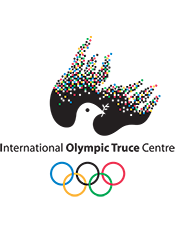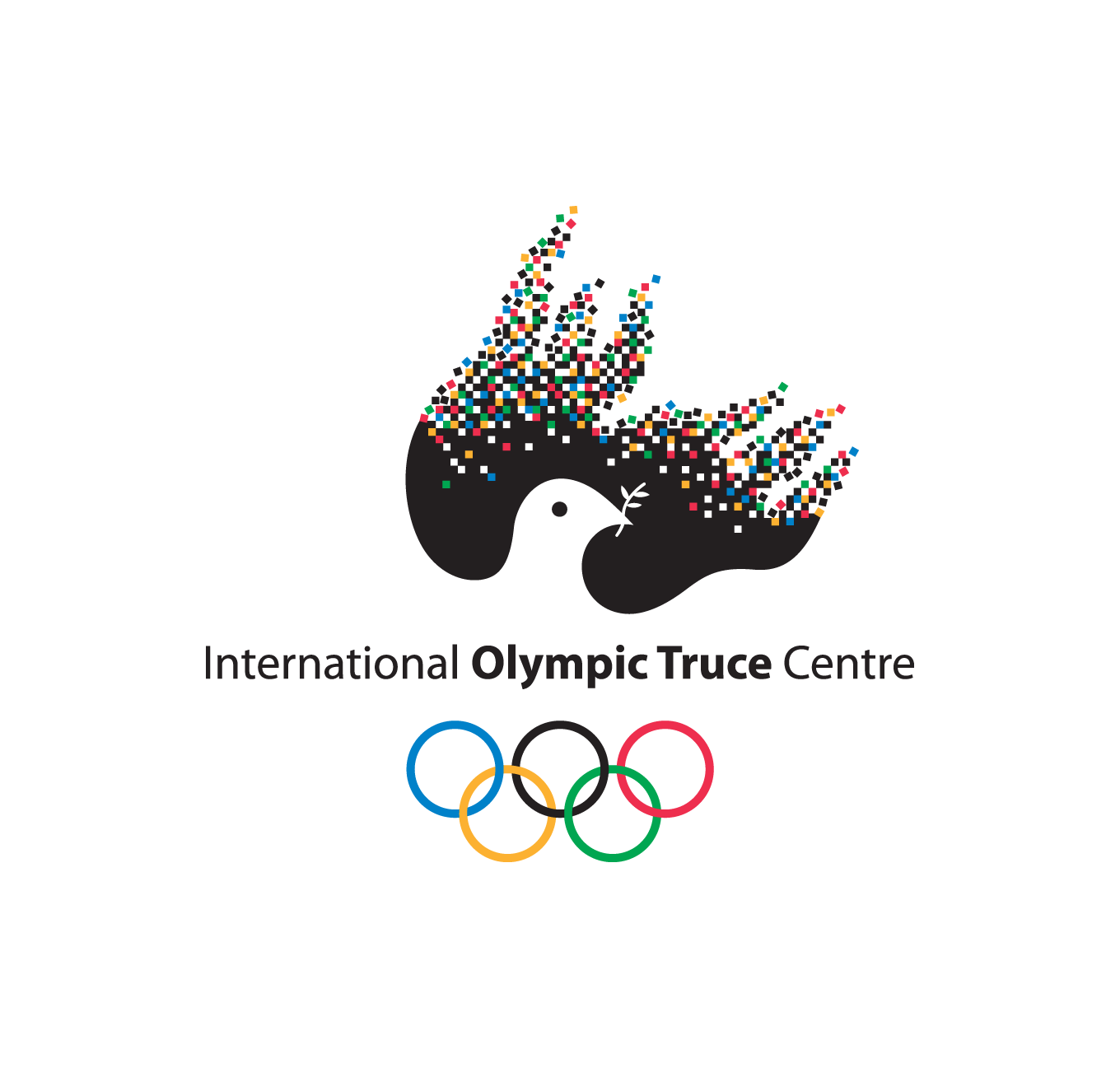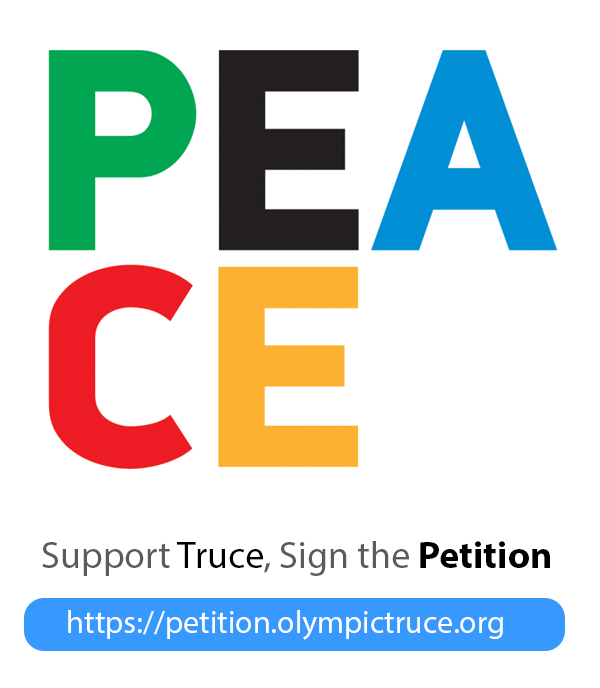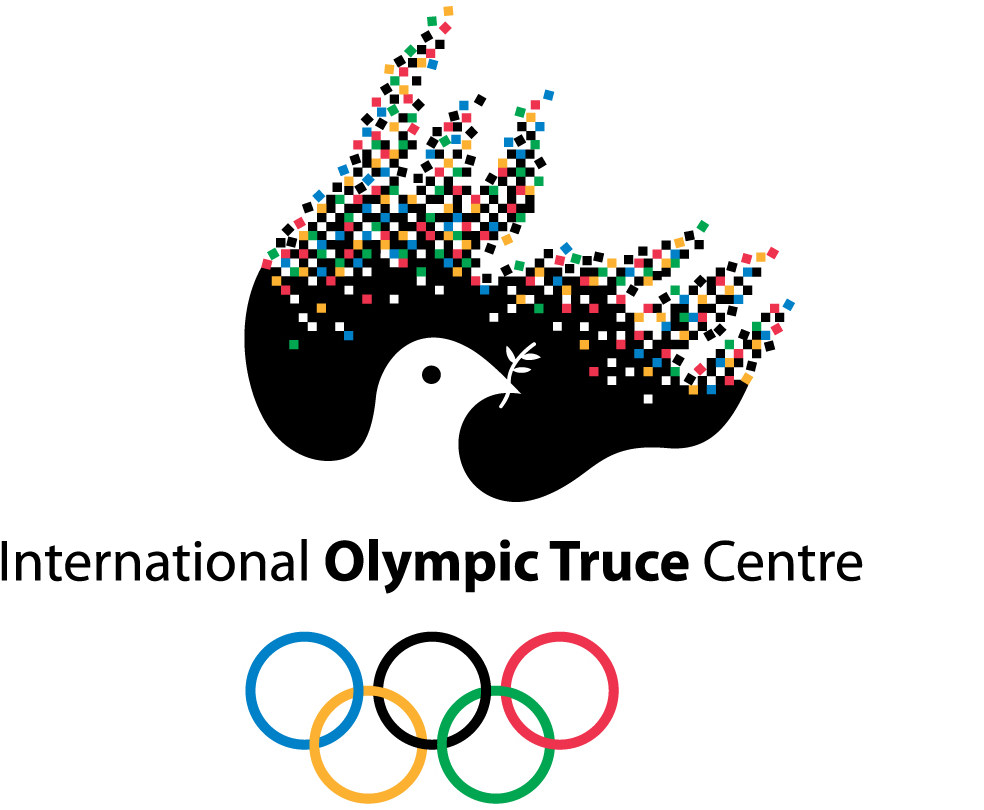PRIVACY POLICY
IOTC regards privacy protection as a fundamental part of its activity and is committed to maintaining the highest possible standards of data integrity and security.
IOTC is bound by the Greek Law (especially L. 2121/1993, L. 4481/2017) as well as by the European Laws protecting privacy (especially General Data Protection Regulation). This policy describes how IOTC collects, uses, holds and discloses personal information.
REGISTRATION
Our content is generally available without registration. Registration is required only if one chooses to receive information from our newsletter.
WHAT PERSONAL INFORMATION DO WE COLLECT
IOTC collects information about you and your interactions with us when you visit IOTC’s website or when you contact us. That personal information may include your name, email address, phone number, Internet Service provider, language, time zone, and country of residence.
IOTC’s products use cookies as well as your IP address and browser information available via Google and other analytic tools to count visitors to its web site and understand how they use it. These cookies do not identify visitors, and are used only to improve the site’s effectiveness. They collect data about your interactions with our website, such as browser type, operating system, device type, location, date and time of access. The cookies do not collect any data from your computer or access your personal files.
We may authorize third parties to operate Olympic-themed digital services and to use out brands. In such cases, it may happen that these third parties share information that they collect about you with us where necessary to provide you with their services. In such cases, this will be specified in the relevant privacy policies issued by these third parties.
WHY WE COLLECT, HOLD AND USE PERSONAL INFORMATION
IOTC collects, holds and uses personal information only for the purposes for which it was collected which are directly related to the IOTC’s activities, especially for the maintenance and improvement of the quality of the databases of IOTC, for complying with our legal obligations from the Greek and European Laws, for communicating with you and providing you with the information or services you have requested.
If you do not provide us with your personal information we may not be able to provide our services to you, communicate with you, or respond to your enquiries.
WHO DO WE SHARE YOUR INFORMATION WITH?
Through functionalities of our services, we may allow you to make certain information available to other users of the services. You decide what information you want to make public.
We reserve the right to disclose personal data we hold about you if we are required to do so under applicable laws or pursuant to any judicial or administrative process, and to the extent necessary to investigate, prevent, or take action regarding unlawful activities.
HOW WE HOLD PERSONAL INFORMATION – PROTECTION OF THE USERS OF OUR WEBSITE
IOTC employs efficient security procedures to protect information from misuse, interference or loss, unauthorized access, modification or disclosure. IOTC also destroys personal information once it no longer requires it for the purposes for which it was collected, according to the Greek and European Laws.
You can also disable all or part of the cookies through our cookie settings (where available) and/or by configuring the functionalities of your internet browser.
If you would like to access, rectify or erase your personal data, you can do so via by contacting our data protection officer (see below CONTACT DETAILS). However, we may require evidence of your identity before we are able to respond to your request.
In cases where the EU General Data Protection Regulation (GDPR) applies, you have the right to lodge a complaint with a European Union supervisory authority, in particular, in the country of your habitual residence, place of work or place of the alleged infringement.
CONTACT DETAILS
For any questions relating to IOTC’s Privacy Policy, please contact:
IOTC
International Olympic Truce Center
1A Lykavittou str.
106 72 Athens – Greece
Tel.: +30 210 3611023
Fax: +30 210 3611024
@: about (at) olympictruce (dot) org
CHILD PROTECTION POLICY
Children are entitled to enjoy the full range of human rights enshrined in a series of international human rights treaties. Indicative are the United Nations Convention on the Rights of the Child (UNCRC), the Convention for the Protection of Human Rights and Fundamental Freedoms (ECHR), the European Social Charter, the Council of Europe Convention on the Protection of Children against Sexual Exploitation and Sexual Abuse and the Council of Europe Convention on Preventing and Combating Violence against Women and Domestic Violence.
It is self-evident that the Greek legislation on the protection of human rights and the rights of the child also applies.
IOTC acknowledges the right of every child in safety and ensures that the actions of any adult in the context of the work carried out by IOTC are transparent and safeguard and promote the welfare, safety and security of all children.
Principles governing the actions of the IOTC
1) Equal treatment (Non-Discrimination):
Children’s rights apply to all children without discrimination of any kind, irrespective of the child’s race, color, sex, language and religion.
2) Best interests of the child:
In all actions concerning children, the best interests of the child shall be a primary consideration, meaning that the child must remain in a state of well-being. Well-being is determined by the specific conditions prevailing each time. Any activities undertaken at IOTC’s programs or facilities has to follow the child safeguarding policy as it is described in Greek and European Laws.
3) Right to life and development:
Children have an inherent right to life and to protection from violence, abuse, exploitation and neglect.
4) The right to be heard:
Children need to be informed and express their views before action is taken on issues that concern them.
5) Do not harm principle:
IOTC shall strive against and minimize any harm that may be caused inadvertently to children as a result of its activities.
6) Transparency and accountability:
Transparency and accountability shall control any action taken by the IOTC in order to ensure that any harmful behavior or practice shall be addressed appropriately.
7) Privacy:
All processing of personal data of children should be conducted in line with the relevant EU and national legislation in force.
Obligations of the persons participating in the activities of the IOTC
-Respect all relevant laws concerning the protection of children in the country where the activity takes place;
· Inform children of their rights in a way fit for their age and cultural background;
· Choose the appropriate language and behavior when addressing minors. Their behavior should demonstrate respect for children and their rights;
· Guarantee that all physical contact with children is appropriate in the relevant cultural contexts;
· Take action when they become aware or suspect that a child has experienced or is experiencing abuse;
It is forbidden adults participating in activities involving children to:
· Spend time alone with children away from others;
· Take children to their home;
· Engage in any contact between children beneficiaries and IOTC Board members, Staff, Associates, Interns, Volunteers, External Contractors, outside the premises of the organization or of events/activities organized by IOTC.
· Use any physical form of punishment on a child;
· Expose children to hazardous conditions;
Any financial transaction or any gift provision is strictly forbidden between beneficiaries and IOTC personnel.
Proper use of images of children
When using photos or videos featuring children involved in IOTC’s activities, the following principles should be respected:
· Permission must always be sought from the children themselves before taking images. The organization must acquire informed consent of the child, the child’s guardian, and/or the institution responsible for the child, before using any photo or video.
· Personal and other information that could be used to identify the location of a child within a country and potentially put them at risk must not be used in any form of communication.
· Images of children should portray the children in a dignified and respectful manner.
Recruitment Procedures
As a condition for working with IOTC as members, consultants or trainers one has to provide the following:
1. To accept the Child Protection Policy by signing an attestation of adherence to the Child Protection Policy principles and procedures.
2. To sign a written attestation declaring that they he/she has no criminal records regarding an offence towards children. Criminal record documents may be required by the candidates.
All recruitment interviews may include a discussion on child safeguarding and protection policy and the candidate’ s understanding of this. Partnerships with individuals or other institutions (contracting and sub-contracting) shall not be in contrast with the principles of this Policy.
Education and Reference Procedures
Within a short time of taking up the position, Staff, Volunteers, Interns and External Contractors will receive an introduction to IOTC’s Child Protection Policy and its implementation.
This recommendation will determine the acceptable norms of staff behavior towards children.
A Child Protection Focal person (CPF) will be appointed within IOTC and he/she will have the following responsibilities:
· Monitoring implementation of the Policy and reporting on developments at this field to the Board
· Maintaining and updating knowledge of best practices of the Policy
· Acting as a source of support, information and guidance for staff on safeguarding issues
· Acting as the person in charge for handling the reporting procedure.
The name and contact details of the CPF will clearly be displayed in the IOTC office. The disclosure of personal information about children will be limited only to those persons who need to be aware thereof in order to effectively conclude their duties.
Whenever there is a concern about mistreatment or abuse in the IOΤC, a special action procedure is followed, which is described in detail below.
In cases where:
· A child gives reason to suspect that itself or another child is being abused or is at risk of significant harm
· A parent or other adult raises a concern about a child
· A member of staff or a volunteer is suspected of abusing or exploiting a child
the CPF must be informed immediately by the referring person.
The reporting form shall include:
· Position of the referring person
· Personal information of the referring person (name, age, address)
· Personal information of the child (name, age, address)
· Date, time and location of the incident
· Short description of the incident
· Time when the incident came to his/her knowledge
· Personal observations. / Any other relevant information.
Τhe report shall be forwarded to the Board, while the CPF acts as follows:
-Provides immediate support.
If needed, provides medical and psychosocial support immediately to the child concerned.
-Contacts with concerned persons.
-Assesses the situation and decides on further action.
The principal contact – referral person shall try to figure out what has happened and establish the facts in the most objective manner. After assessing the reported incident, the CPF submits his/her conclusions and suggestions to IOTC Board.
The latter decides on the further action it will take, such as reference to the competent authorities, reference to the competent Public Prosecutor, contact with the Social Services, disciplinary process, etc. The best interests of the child must be taken into account throughout the process.
Disciplinary Procedure
Where concerns exist about the conduct of IOTC Staff, Volunteers, Interns, External Contractors, Associates and Partners in relation to Child protection or where there has been a breach of the Child Protection Policy, this will be investigated with the disciplinary procedure.
Breaches of this policy and failure to comply with the obligations mentioned herein may incur the following sanctions:
· For IOTC Staff – disciplinary action leading to possible dismissal depending on the severity of the incident (principle of proportionality).
· For IOTC Associates, Volunteers, Interns, External Contractors, Partners – a process that can lead to the termination of all contractual relations of these persons with the IOTC.
Sanctions are also imposed in cases of false -and in violation of the principle of good faith- accusations of child abuse.
The IOTC will make an effort to inform the public about the Child Protection Policy using any appropriate means, such as printing information leaflets or posting on social media.
The Board of IOTC is responsible for the implementation of the Child Protection Policy and has also the power to revise it when deemed necessary.








